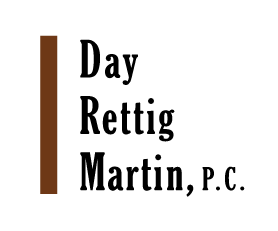Unions represent workers in collective bargaining negotiations and agreements. Collective bargaining is the process by which employers and their employees determine the conditions of employment, including work conditions, benefits, and wages. The resultant collective bargaining agreement serves to resolve or prevent disputes between the employer and union employees. This process and union organization is controlled by the federal National Labor Relations Act (NLRA). If you are beginning the collective bargaining process, organizing a union, or if your employees are organizing a union, it is vital to contact a lawyer with experience in labor law.
The NLRA gives employees the right to decide if they want a union to represent them. The National Labor Relations Board, set up by the NLRA, governs union organization and conducts secret ballot elections in workplaces. Workers must petition the NLRB to organize an election. If the majority of workers vote to organize, then they are entitled to form a union or to join an existing union. The NLRA forbids employers from interfering with this election. If the vote passes, the employer will be required to submit to the collective bargaining process with union representatives.
The NLRA specifically excludes some workers from these rights, including:
- Agricultural workers.
- Supervisors.
- Workers employed by a parent or spouse.
- Workers employed as domestic help.
- Government employees (federal, state, and local).
- Workers in businesses governed by the Railway Labor Act.
If the workers organize a union, the individual employees will become union members and pay dues to cover the cost of union services. In collective bargaining, the union will negotiate with the employer on issues ranging from wages and benefits to work conditions and health and safety standards. Unions can bring expertise and legal familiarity to these negotiations, and this knowledge can be helpful to employees. Since the union represents a large number of workers, they are generally able to win better concessions than workers in individual negotiation. Companies may have union and non-union workers.
If you have a question about the organizing or collective bargaining process, you should contact an attorney with experience in employment law or labor law.


 Visit Our
Visit Our Contact Us
Contact Us